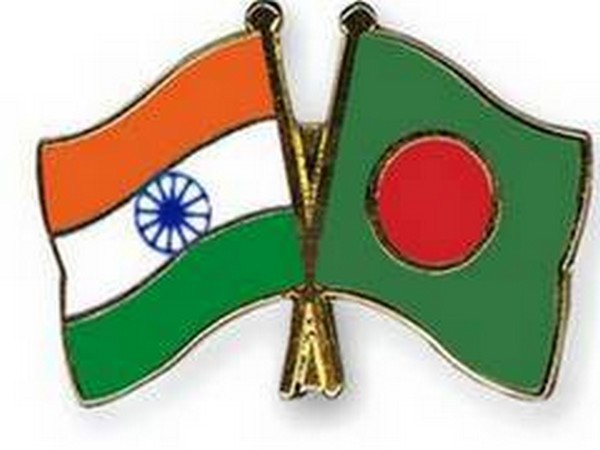
New Delhi: India has imposed restrictions on the entry of Bangladeshi ready-made garments (RMG) and other products through its northeastern land ports — Assam, Meghalaya, Tripura, Mizoram — and Fulbari and Changrabandha in West Bengal, following controversial remarks by Bangladesh’s interim chief advisor Muhammad Yunus.
During a speech in China, Bangladesh’s Chief Adviser Yunus had described India’s northeastern states as a “landlocked region with no access to the ocean.” This comment has sparked diplomatic friction, with Indian officials viewing it as undermining the region’s connectivity and status.
The new restrictions will force Bangladesh to reroute exports — including Ready-Made garments (RMG), plastics, melamine, furniture, juices, carbonated drinks, bakery items, confectionery, and processed foods — through Kolkata port in West Bengal or Nhava Sheva port in Maharashtra, sharply increasing logistics costs.
With 93 per cent of Bangladesh’s exports to India previously moving through these land routes, the impact on its RMG sector — which exports nearly USD 740 million worth of garments to India annually — could be severe.
Indian officials defended the move as a step toward ensuring “fair trade,” highlighting that Bangladesh enjoys unrestricted access to India’s northeastern markets while imposing barriers on Indian exports. They also noted that Bangladesh charges Indian goods 1.8 taka per tonne per kilometre, more than double its domestic rate of 0.8 taka.
“Bangladesh cannot assume market access without reciprocity. For years, India extended concessions without equal returns. This decision restores balance,” an Indian official said.
According to sources, Bangladesh continues to impose port restrictions on Indian exports particularly at ICP’s bordering North Eastern states. Industrial growth in the Northeastern States suffer a triple jeopardy due to imposition of unreasonably high and economically unviable transit charges by Bangladesh denying in practice access for the Northeast to the Indian hinterland.
The move is expected to disrupt Bangladesh’s garment industry, raising costs and limiting market access, while creating new opportunities for Indian manufacturers.
